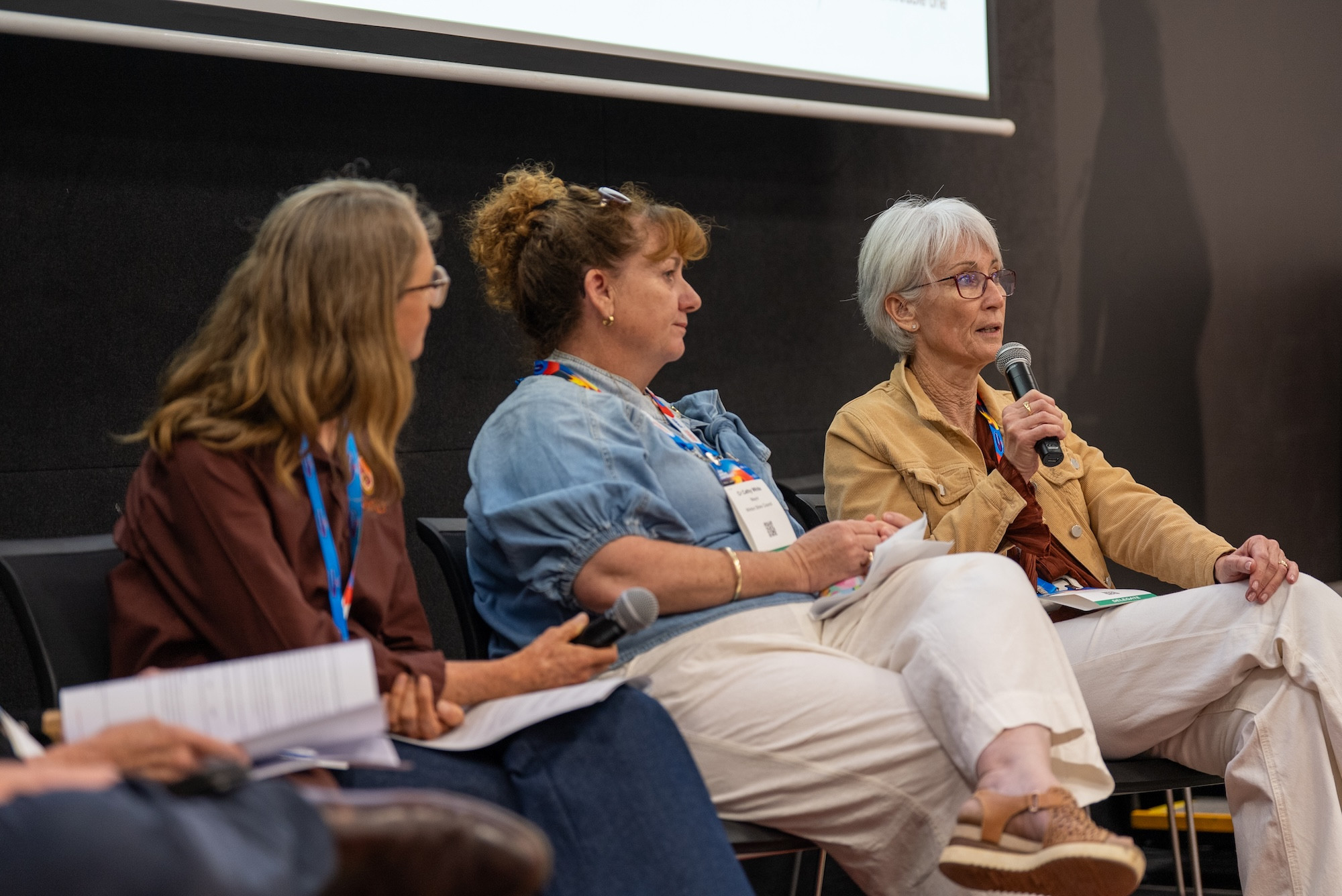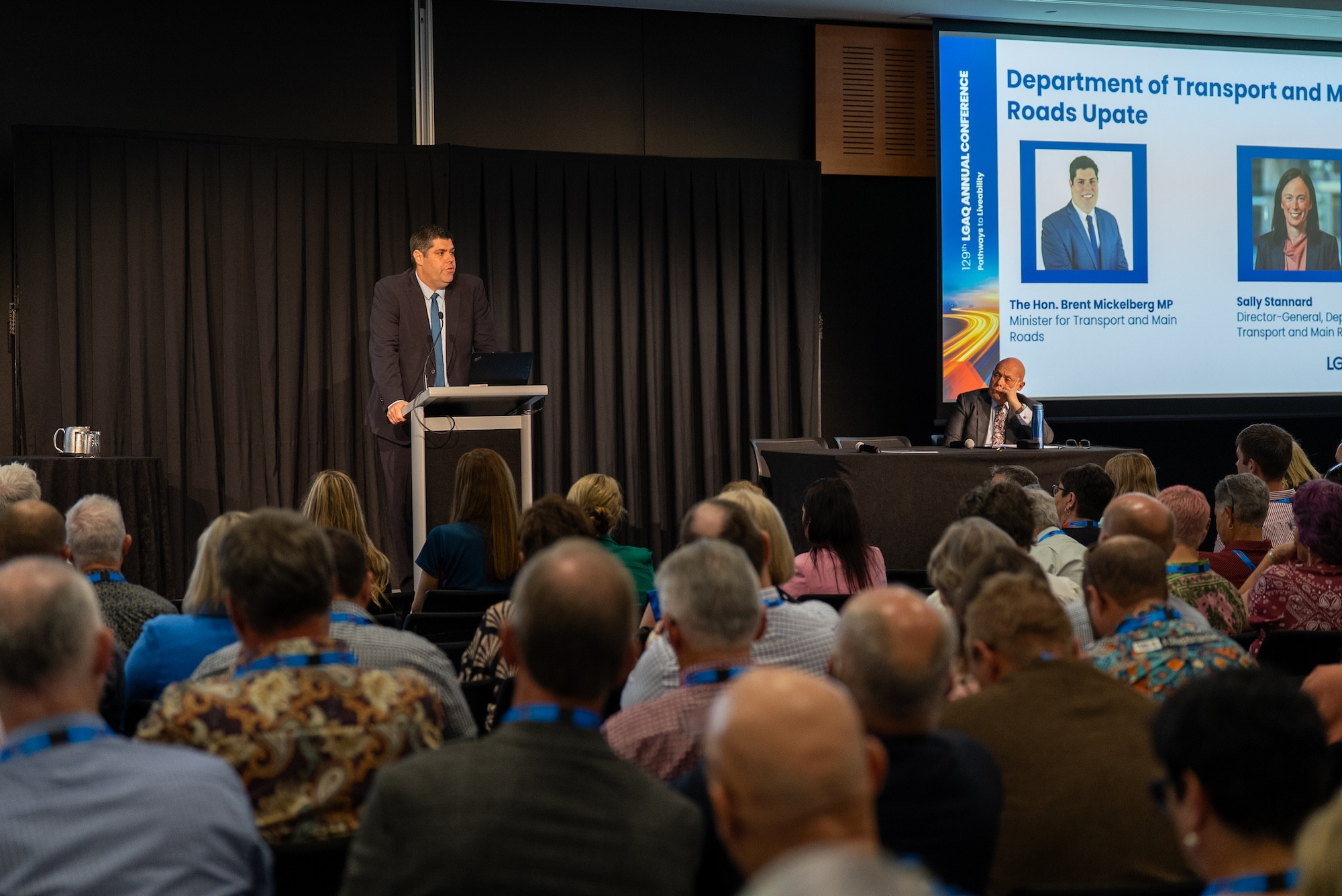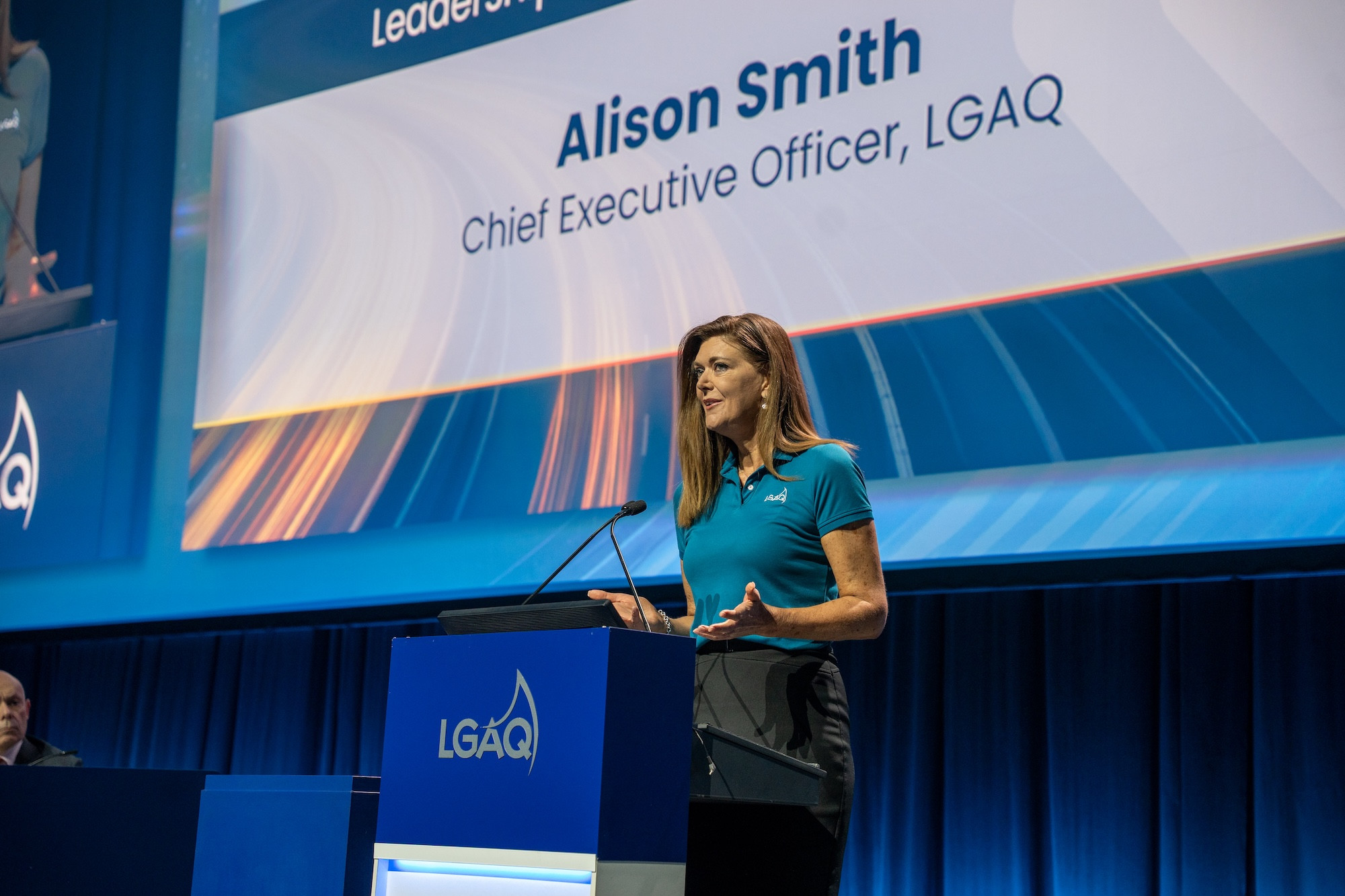General News
27 October, 2025
Councils take aim at state, federal governments over local issues
More support is needed to provide essential services at a local level, the Queensland councils say.

Queensland’s councils have joined forces to call for urgent action on a series of critical issues affecting communities across the state, from waste and recycling to crumbling roads, childcare shortages and a controversial weed.
At last week’s Local Government Association of Queensland’s annual conference, mayors and councillors backed motions urging stronger state and federal support to help councils deliver essential services for their communities.
According to its own budget projections, the state government expects to collect $1.48 billion from the waste levy over the next three years.
LGAQ president Matt Burnett said the state’s recent commitment of $130 million to help cut the amount of waste being dumped, while welcome, was not enough.
“Councils say it’s not fair that the state is collecting a waste windfall but is only returning a fraction of it to address this issue,” Cr Burnett said.
“Councils have released a sensible plan which calls for the urgent action and investment by the state to chart a fairer path to reducing waste and increasing recycling for their communities.”
LGAQ CEO Alison Smith said the calls endorsed at the annual conference highlighted an urgent need for the state to invest in options beyond landfill that supported Queenslanders in diverting rubbish.
“Every day councils are on the ground collecting rubbish and providing the services that protect our environment,” Ms Smith said.
“As the level of government closest to the community, councils have unparalleled insights into what Queenslanders need.
“Queenslanders support recycling, but if household rubbish is to go somewhere other than landfill, there needs to be state government support to create options beyond landfill that we can divert our rubbish to.”
Mount Isa mayor Peta MacRae said the waste levy had hurt local ratepayers.
“We need greater incentives for local solutions that have proven to be effective,” she said.
“The Containers For Change scheme has helped improve the level of cleanliness in Mount Isa.
“With inflation, everything else is going up – increasing it from 10 cents to 20 cents a container would further incentivise container recovery and support the scheme and its aims.”

CHILDCARE CONCERNS
The councils also urged the federal government to reform childcare regulation and funding models to ensure the long-term viability of early childhood education and care in regional, rural and remote communities.
Resolutions highlighted the urgent need for fit-for-purpose childcare regulation, sustainable funding, and a dedicated rural workforce strategy to keep vital childcare services open in the bush.
Ms Smith said councils were increasingly being forced to operate childcare centres as providers of last resort due to market failure, a situation that was neither sustainable nor fair.
“Access to affordable, high-quality childcare shouldn’t depend on where you live,” the CEO said.
“Councils in rural and remote Queensland are stepping up to run childcare services because without them, families simply couldn’t stay and work in their towns.
“But they’re doing this in the face of complex regulations, workforce shortages, and funding models that were never designed for the realities of the bush.”
Winton mayor Cathy White said that childcare was essential infrastructure.
“Without reliable, affordable childcare, families can’t work, businesses can’t thrive, and our population continues to decline,” she said.
“Councils like ours can’t keep filling the gap left by funding models that don’t work in the bush.”

ROADS, BRIDGES, WATER
Nearly half of Queensland’s unsealed roads are in poor condition or need repair, while dilapidated timber bridges and failing water infrastructure threaten community safety, the councils claimed.
A report produced for the LGAQ shows an extra $19 billion in funding from the state and federal governments was needed to replace or repair critical community assets in poor condition, function and capacity.
Carpentaria Shire mayor Jack Bawden said it was time for councils to get their fair share of funding.
“Untied, flexible and unmatched funding is essential for little shires like ours,” he said.
“Federal funding, like the Local Roads and Community infrastructure Program (LRCIP) drives projects and employment – not to mention what it provides and supports, which is critical infrastructure.
“If this program isn’t restored, it will have a huge impact on councils and communities like ours.”
Ms Smith said the report showed the undeniable need for sustained infrastructure investment and a stronger funding partnership across all levels of government.
“It is not fair that as Queensland’s asset base grows, and councils continue to be forced to pick up additional services that sit within the remit of state and federal governments that funding to councils to take on these services has not kept pace,” she said.
“Councils manage large asset bases and face significant engineering workforce shortages, particularly in regional and remote areas.”

BUFFEL GRASS
Flinders Shire led a push, which had strong backing of the councils, to ensure that buffel grass was not added to the weed of national significance list.
"The term 'weed' is context-dependent: a plant considered invasive in one situation may be a valued resource in another," the Flinders submission read.
"Buffel grass is a prime example: while it presents management challenges, it is also a critical pasture species underpinning Queensland's livestock production.
"Queensland producers recognise the importance of responsible management to balance fire risk.
"However, buffel grass's ability to rapidly recover after fire provides an essential feed source for livestock, helping animals and communities recover more quickly from disaster events."
AgForce president Shane McCarthy, who is also a Flinders Shire councillor, said buffel grass underpinned the Queensland cattle industry.
"If the state government wants to get to its 2030 targets for agriculture, there is no chance of this happening if buffel grass gets onto the national list," Mr McCarthy said.
"The potential implications of this happening are that you would not be able to get seeds for buffel grass, you would have to wash out trucks and quarantine cattle more frequently."